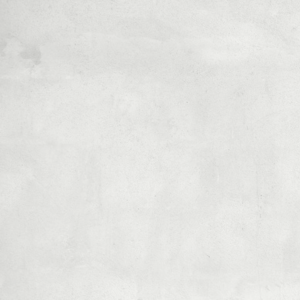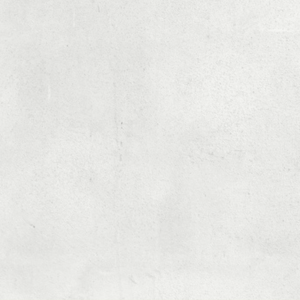
The Importance of Managing Myopia in Kids
As parents, we always want to ensure our children are healthy and thriving in every way possible. While regular checkups and vaccinations are common priorities, one area that often gets overlooked is eye health—specifically, managing myopia in kids. Myopia, also known as nearsightedness, is becoming increasingly common in children worldwide. Early detection and management are crucial to safeguarding your child’s vision now and into the future.
What is Myopia?
Myopia is a refractive error that causes distant objects to appear blurry while close-up objects remain clear. It occurs when the eye grows too long, or the cornea becomes too curved, preventing light from focusing correctly on the retina. Myopia typically develops in school-age children and progresses as they grow.
Several factors contribute to the increase in childhood myopia, with one of the biggest culprits being the rise of screen time and indoor activities. Children are spending more time using digital devices, like tablets, phones, and computers, which require intense near-vision focus. Additionally, less time outdoors has been linked to myopia progression, as natural light and looking at distant objects can help slow the eye's elongation.
Why is Myopia a Concern?
While myopia may seem like a simple issue that glasses or contact lenses can correct, it’s much more than that. If left unmanaged, myopia can continue to worsen over time, leading to high myopia. High myopia is associated with a greater risk of serious eye conditions later in life, including:
• Retinal Detachment: The retina can pull away from the back of the eye, leading to vision loss.
• Cataracts: Myopia can increase the likelihood of developing cataracts at an earlier age.
• Glaucoma: High myopia raises the risk of developing glaucoma, which can damage the optic nerve and lead to blindness.
• Macular Degeneration: A progressive condition that can severely impair central vision.
The Benefits of Early Myopia Management
Managing myopia early can significantly slow down its progression, reducing the likelihood of developing high myopia and related complications. Some of the most effective ways to manage myopia include:
• Atropine Eye Drops: Low-dose atropine eye drops are shown to slow down the progression of myopia in children.
• Ortho-K Lenses: These specially designed contact lenses are worn overnight to gently reshape the cornea, allowing clear vision during the day and slowing eye growth.
• Multifocal Contact Lenses: These lenses have different power zones to help manage myopia and reduce strain on the eyes.
• Increased Outdoor Time: Encouraging your child to spend more time outdoors can help slow the progression of myopia. Natural light and focusing on distant objects are essential in eye development.
Schedule Your Child’s Eye Exam with Radiant Eye Care Today
Myopia in children is more than just a need for glasses—it’s a progressive condition that requires proactive management. By addressing myopia early, we can help prevent long-term complications and ensure your child enjoys clear, healthy vision for life. At Radiant Eye Care, we are dedicated to providing comprehensive eye care for children. We offer personalized treatment plans tailored to your child’s specific needs.
If you’re concerned about your child’s vision or want to learn more about myopia management, schedule a pediatric eye exam with Radiant Eye Care. Visit our office in Elgin, Illinois, or call (847) 874-2020 to book an appointment today.




